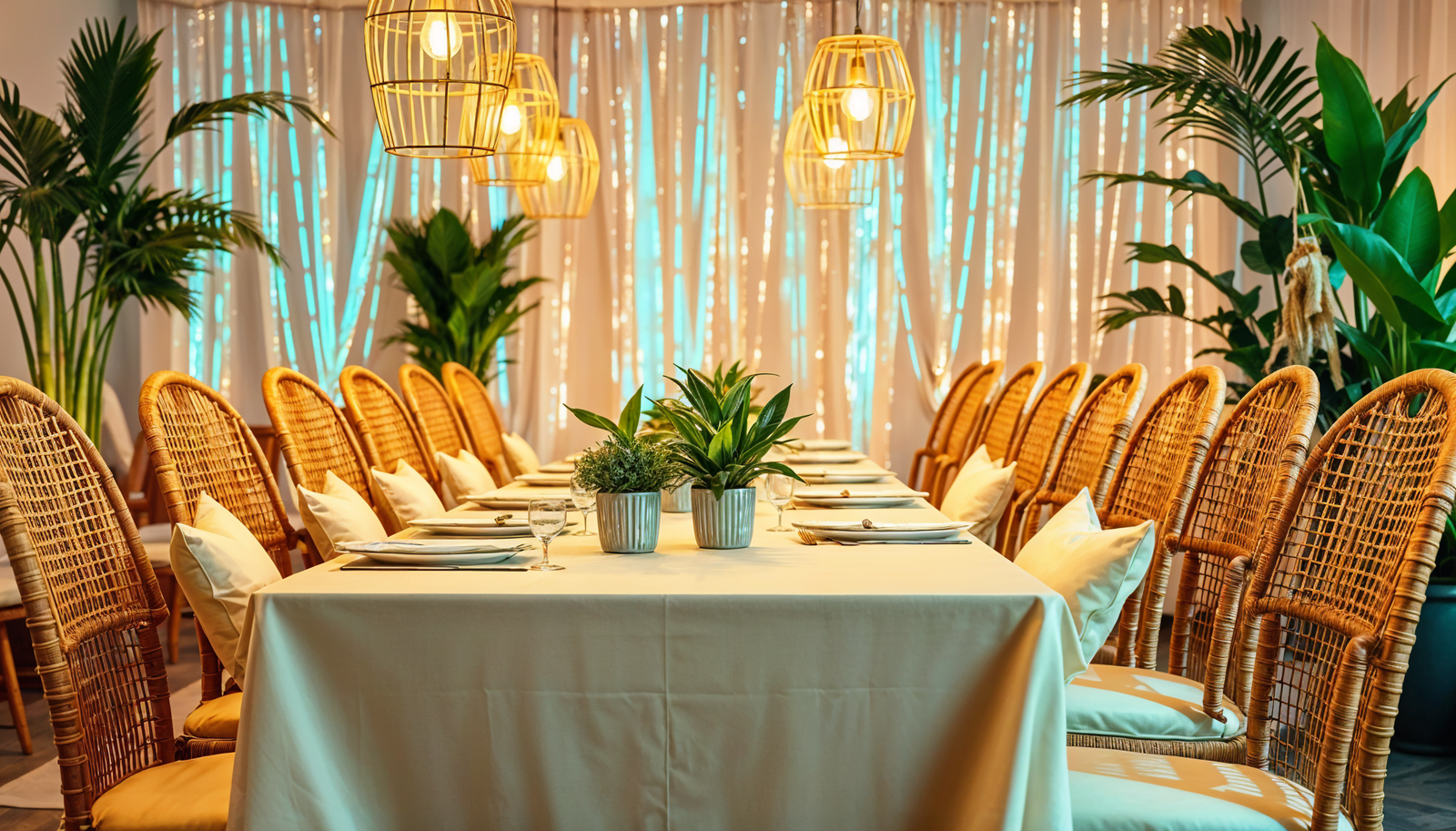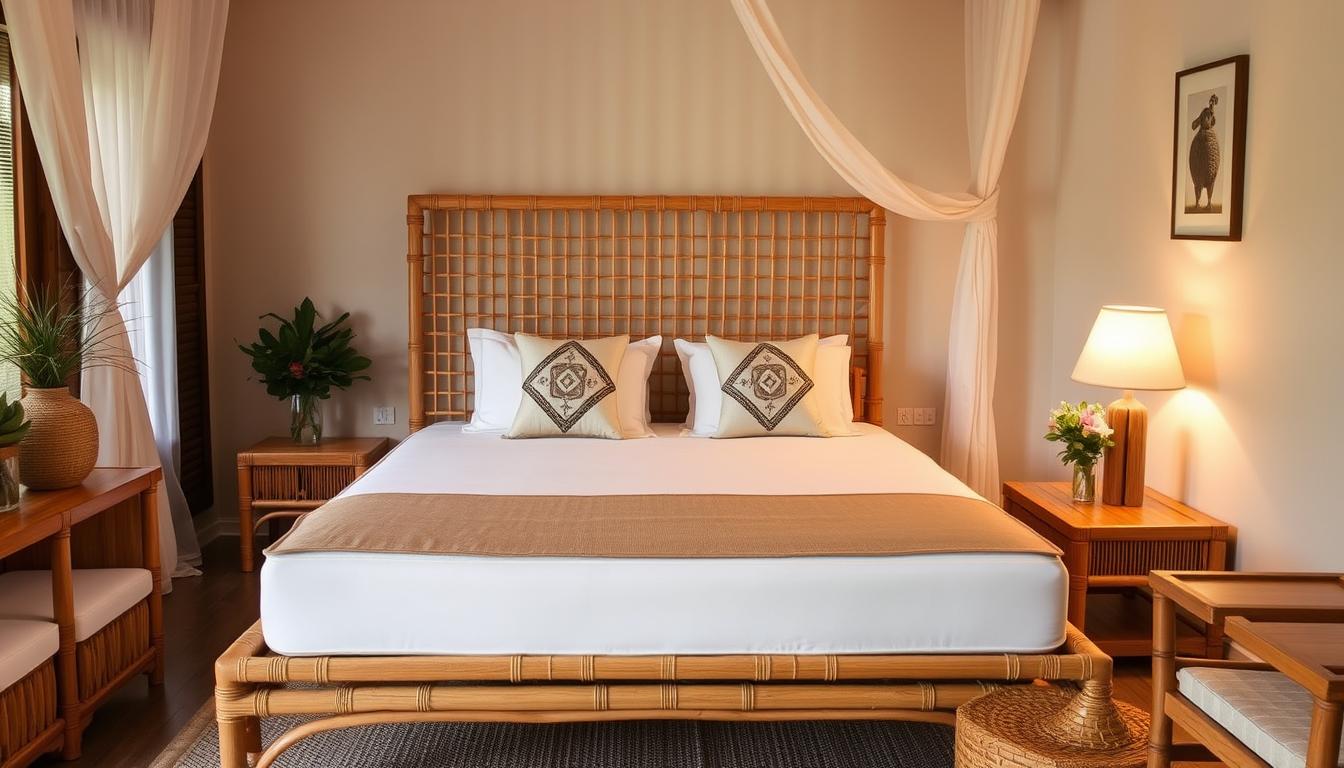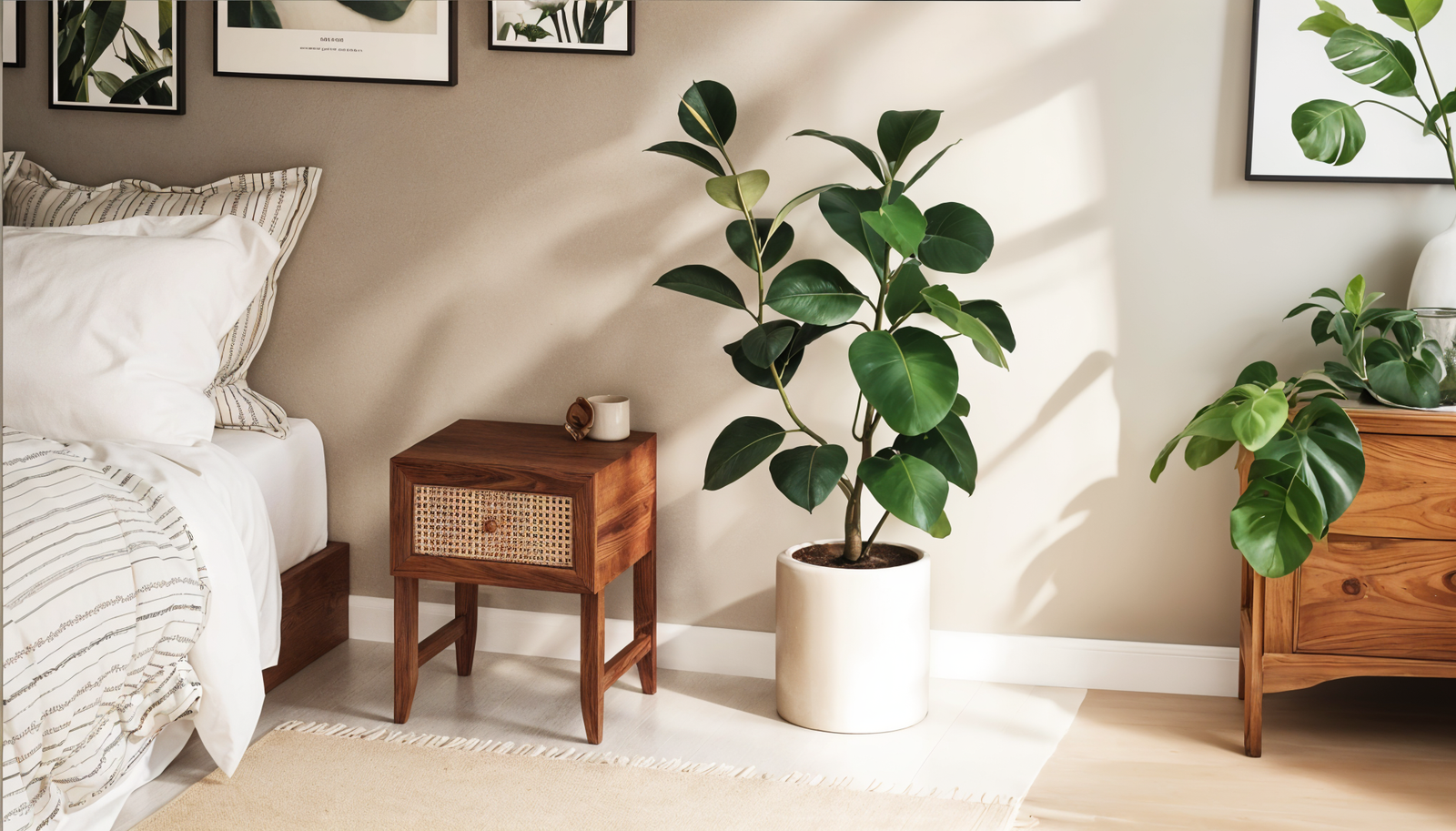🤍 Unmatched Quality, Authentic Craftsmanship
🤍 Unmatched Quality, Authentic Craftsmanship
🤍 Unmatched Quality, Authentic Craftsmanship
Looking for the best outdoor wood that can withstand any weather conditions? We've got you covered! In this article, we'll introduce you to the most weather-resistant wood options for your outdoor projects.
Whether you're building a deck, patio, or furniture, choosing the right type of wood is crucial for durability and longevity.
When it comes to weather resistance, three top choices stand out: Western red cedar, redwood, and cypress.
These woods are naturally decay-resistant, dimensionally stable, and have the added advantage of being resistant to insects and fungi.
Let's dive into each of these options to help you make an informed decision for your project.
But wait! Before we proceed, take a look at this image that showcases the beauty and durability of these weather-resistant woods.



When it comes to weatherproof wood for outdoor use, teak is a top choice due to its exceptional durability and natural resistance to water, termites, and insects.
This renowned hardwood, often referred to as "sea-resistant wood," is widely used in shipbuilding and is highly valued for its resilience and longevity.
Teak's natural oils make it highly resistant to moisture, preventing decay and rot even in extreme weather conditions.
This characteristic makes it an ideal choice for outdoor furniture like a dining set, coffee tables, a wooden storage trunk for your lawn, patios, and flooring.
Whether exposed to rain, sun, or fluctuating temperatures, teak maintains its structural integrity and beauty over time.
With its golden or medium brown color, teak adds a touch of elegance to any outdoor setting.
Its natural resistance to weathering and tough qualities makes it a premium choice for those seeking a durable and visually appealing wood for their outdoor projects.
While teak may be a higher-priced option compared to other woods, its long lifespan and low maintenance requirements make it a worthwhile investment.
With proper care and periodic application of teak oil or sealant, your outdoor teak furniture or decking can last for decades, withstanding the elements and maintaining its timeless appeal.
When it comes to weather-resistant lumber for outdoor decking projects, Western red cedar is a top choice.
This wood offers a combination of desirable qualities such as a straight-grained appearance, dimensional stability, and natural decay resistance.
Not only is Western red cedar durable wood for outdoor use, but it also adds an elegant touch to any outdoor space with its warm reddish-brown color.
One important consideration when working with Western red cedar is that it can split when driving fasteners.
Additionally, it may bleed tannins, which can cause staining around fasteners and painted surfaces.
However, with proper preparation and care, these issues can be mitigated.
Western red cedar readily accepts wood stains and clear finishes, allowing you to achieve your desired aesthetic while ensuring long-lasting protection against the elements.

With its impressive combination of weather resistance and visual appeal, Western red cedar is an excellent choice for outdoor decking wood projects.
Whether you're building a deck for your backyard or a patio overlooking a scenic view, Western red cedar is sure to enhance the beauty and durability of your outdoor living space.
When it comes to choosing weather-resistant wood for your outdoor projects, redwood is a standout option.
This naturally durable wood offers a combination of strength, beauty, and resistance to the elements, making it ideal for a variety of applications.
Redwood is known for its straight-grained appearance, dimensional stability, and natural resistance to decay.
These qualities make it an excellent choice for outdoor decking, fencing, siding, and other exterior projects.
Redwood's rich reddish-brown color adds warmth and character to any outdoor space.
Another advantage of redwood is its ability to withstand weathering.
It can resist warping, cracking, and splitting, even in harsh outdoor conditions.
This makes redwood a low-maintenance option that will retain its beauty and structural integrity over time.

To ensure the longevity of your redwood project, it's important to properly prepare and maintain the wood.
Before applying any finishes, make sure the surface is clean, dry, and free of dirt and debris.
Applying a high-quality wood sealer or stain can help protect the wood from moisture and UV damage.
Regular maintenance, such as cleaning and reapplying a protective finish every few years, will help prolong the life of your redwood project.
By following these simple steps, you can enjoy the beauty and durability of redwood for years to come.
| Wood Type | Strength | Resistance to Decay | Resistance to Insects | Appearance |
|---|---|---|---|---|
| Redwood | Strong | High | High | Rich reddish-brown color |
| Western Red Cedar | Moderate | High | High | Straight-grained, dimensional stability |
| Cypress | Strong | High | High | Ash-like grain patterns, light-colored heartwood |
Redwood, along with Western red cedar and cypress, is a top choice for weather-resistant wood.
Each wood type has its own unique characteristics and appearance, allowing you to choose the best option for your specific project.
Whether you're building a deck, constructing outdoor furniture like a dining set, a coffee table, a wooden storage trunk, or adding a fence to your property, redwood is a reliable and beautiful choice that will stand up to the elements.
Its natural durability and weather resistance make it a popular wood for outdoor use, ensuring your project can withstand the test of time.
So, if you're looking for durable and weatherproof wood for your outdoor projects, consider redwood.
With its strength, resistance to decay and insects, and appealing appearance, redwood is a reliable and timeless option that will enhance the beauty and functionality of your outdoor space.
When it comes to choosing a decay-resistant, insect-resistant, and rot-resistant wood for your outdoor projects, cypress is an excellent option to consider.
This versatile wood is popular in the South and Southeast regions of the United States and is known for its natural durability.
Cypress is a naturally rot-, insect-, and decay-resistant wood, making it an ideal choice for outdoor constructions that are exposed to moisture and harsh weather conditions.
Its unique growth in swamps gives it a natural resistance to water and makes it highly suitable for areas prone to high humidity or frequent rain.
In addition to its durability, cypress also boasts a beautiful appearance with its lighter-colored heartwood and striking ash-like grain patterns.
It accepts finishes as readily as other weather-resistant woods like redwood and cedar, allowing you to customize the look of your outdoor projects to your preference.

| Advantages of Cypress | Disadvantages of Cypress |
|---|---|
|
|
With its natural resilience and aesthetic appeal, cypress is a reliable choice for outdoor projects that require durability and weather resistance.
Whether you're building a deck, pergola, or outdoor furniture, cypress can provide the longevity and strength needed to withstand the elements.
If you're in search of a weather-resistant, durable wood for your outdoor decking project, look no further than Ipe.
This hardwood, imported from Central and South America, is known for its exceptional longevity and resistance to various elements.
Ipe is prized for its density, which makes it barely float, and its natural ability to withstand movement, surface checks, warping, cracking, decomposition, and denting.
With proper maintenance, ipe can last up to 40 years, making it a smart investment for any outdoor construction.

Let's take a look at how Ipe compares to some other popular wood choices for outdoor decking:
| Wood | Longevity | Resistance to Elements | Maintenance |
|---|---|---|---|
| Ipe | Up to 40 years | Highly resistant | Regular cleaning and periodic oiling |
| Western Red Cedar | 15-20 years | Decay and insect resistant | Regular staining or painting |
| Cumaru | 25-50 years | Rot and insect resistant | Periodic cleaning and oiling |
As you can see, Ipe stands out with its impressive longevity and high resistance to elements.
While it does require regular cleaning and periodic oiling, the minimal maintenance is worth the long-lasting benefits it provides.
So, if you're looking for a wood that will withstand the test of time and provide a beautiful outdoor deck, consider choosing Ipe.
Its durability and natural beauty make it the ideal choice for your outdoor decking needs.
Cumaru, also known as Brazilian teak, is a top choice for outdoor construction due to its exceptional durability and resistance to rot and insects.
With its natural properties, cumaru offers long-lasting performance and unmatched beauty for various outdoor applications.
Cumaru's high oil content acts as a natural deterrent to rot, decay, and insect infestation.
This makes it an excellent choice for areas with high humidity or where the wood may come into contact with moisture.
With Cumaru, you can rest assured that your outdoor structures will remain intact and resist the damaging effects of time and weather.
Cumaru offers a visually striking appearance with its dark brown color and beautiful grain patterns.
It adds an elegant touch to any outdoor space, enhancing its overall aesthetic appeal.
Additionally, cumaru can be easily finished to achieve the desired look, whether you prefer a natural, oiled, or stained finish.
| Properties | Cumaru |
|---|---|
| Density | High |
| Hardness (Janka) | Approximately 3,330 |
| Resistance to Decay | High |
| Resistance to Insects | High |
| Color | Dark brown |
Overall, cumaru is a top choice for outdoor projects that require rot- and insect-resistant wood.
Its durability, natural resistance, and stunning appearance make it a versatile option that can withstand the test of time.
Whether you're building a deck, patio, or other outdoor structures, cumaru is an excellent investment that will enhance the beauty and longevity of your outdoor space.
If you're looking for a wood that can withstand the elements and provide durability for your outdoor projects, jatoba is an excellent choice.
Also known as Brazilian cherry, jatoba is known for its weather resistance and toughness, making it a popular option for exterior construction.
Jatoba is naturally resistant to weathering, rot, and insect infestations, including termites.
This makes it an ideal wood for outdoor use, as it can withstand harsh outdoor conditions without compromising its structural integrity.
Whether you're building a deck, a patio, or any other outdoor structure, jatoba can provide the durability and longevity you need.
In addition to its durability, jatoba offers a beautiful and rich appearance.
It has a light orangish brown to a darker reddish-brown color that adds warmth and character to any outdoor design.
With proper maintenance and the right finish, jatoba can maintain its beauty for years to come.
When choosing jatoba for your outdoor projects, it's essential to work with a reputable supplier to ensure the wood is sourced sustainably and meets your specific needs.
With its weather resistance, durability, and aesthetic appeal, jatoba is a top choice for those seeking a reliable and long-lasting wood for outdoor use.
| Advantages of Jatoba | Disadvantages of Jatoba |
|---|---|
|
|
When it comes to selecting the perfect wood for your outdoor projects, garapa stands out as a top choice.
With its exceptional durability and natural resistance to the elements, garapa is a reliable option for long-lasting construction that can withstand various weather conditions.
Whether you're building a patio, deck, or other outdoor structures, Garapa is a smart choice that combines both functionality and aesthetics.
Garapa, also known as Brazilian oak, is a tropical hardwood that possesses remarkable weather-resistant qualities.
It is highly valued for its ability to resist water, decay, and mold, making it an excellent option for outdoor use.
With Garapa, you can enjoy your outdoor living space without having to worry about the wood deteriorating due to rain, humidity, or exposure to the sun's UV rays.
This wood is built to last, providing you with peace of mind and a beautiful outdoor design.
| Wood Type | Durability | Resistance to Water | Resistance to Termites and Insects |
|---|---|---|---|
| Teak | Exceptional | High | High |
| Western Red Cedar | Good | Medium | Medium |
| Redwood | Good | Medium | Medium |
| Cypress | Good | High | High |
| Ipe | Exceptional | High | High |
| Cumaru | Exceptional | High | High |
| Jatoba | Good | Medium | Medium |
| Garapa | Good | Medium | Medium |
Now that you have read the above article, maybe you still have a couple of questions on this topic, so we will answer these questions below.
Cypress grows in swamps and has a conical base with roots that stand out of the water. It features beautiful ash-like grain patterns and accepts finishes well.
Ipe is a highly durable and weather-resistant wood imported from Central and South America.
It is known for its density, resistance to movement, and natural oils that make it resistant to decay, decomposition, and denting.
When it comes to choosing the most weather-resistant wood for your outdoor projects, we have highlighted several top options.
Western red cedar, redwood, cypress, ipe, cumaru, jatoba, garapa, and teak all offer excellent natural resistance to rot, insects, and weathering.
These woods are known for their durability and longevity, making them the best choices for outdoor construction.
The selection of the wood depends on various factors, including availability, budget, and aesthetic preferences.
Western red cedar, redwood, and cypress are widely available and commonly used in different regions.
Ipe, cumaru, jatoba, garapa, and teak are tropical hardwoods that offer exceptional durability and resistance to outdoor elements.
With proper maintenance and the right finish, these weatherproof woods can provide years of reliable service and enhance the beauty of your outdoor designs.
So, whether you're building a deck, patio, furniture, or any other outdoor structure, consider these top choices for the best outdoor wood options.
Choose the right wood for your specific needs and enjoy the benefits of a weather-resistant and long-lasting project that stands the test of time.


